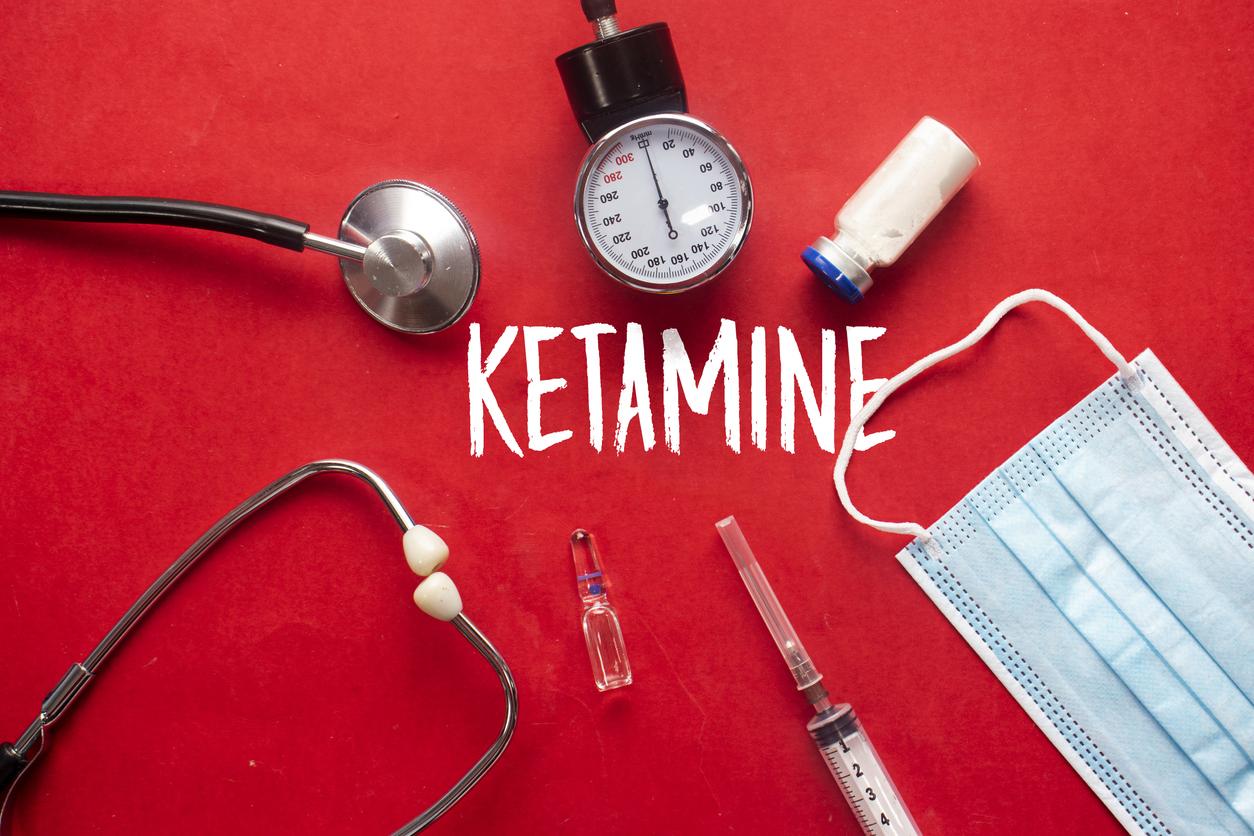New figures from the World Health Organization (WHO) have just come out: worldwide, 300 million people suffer from depression. A figure that has seen a marked increase in the space of 10 years: the health authorities estimate that the number of depressed people jumped by + 18% between 2005 and 2015.
Except that, according to WHO officials, the care of patients remains insufficient. “These new figures are a wake-up call for all countries to rethink their approaches to Mental Health and deal with it with the urgency it requires,” said WHO Director-General Dr Margaret Chan. For this, the health agency has decided to launch an awareness campaign entitled “Depression: let’s talk about it”.
3 million people in France are affected
Obstacle n°1 against which the health authorities will have to fight: the discrimination. “The ongoing stigma associated with mental illness was the reason we decided to call the campaign ‘Depression: Let’s Talk About It,'” explained Dr Shekhar Saxena, WHO’s Head of Department of Mental Health and Abuse of psychoactive substances. For someone with depression, talking to someone they trust is often the first step to treatment and recovery. »
Depression is a disease that still conveys many received ideas. Public opinion generally considers that it is not a “real” disease and depression is still too often confused with depression, a “simple” temporary malaise. However, from a strictly medical point of view, nervous breakdown is indeed a mental illness – like anorexia or bipolar disorder. Concretely, when a person is depressed, their brain works differently: the production of serotonin, dopamine and norepinephrine (‘chemical messengers’ essential to our well-being) decreases considerably. Suddenly, all the activity of the body slows down.
As a reminder, depression affects approximately 3 million people in France: on average, women are twice as affected as men.


















